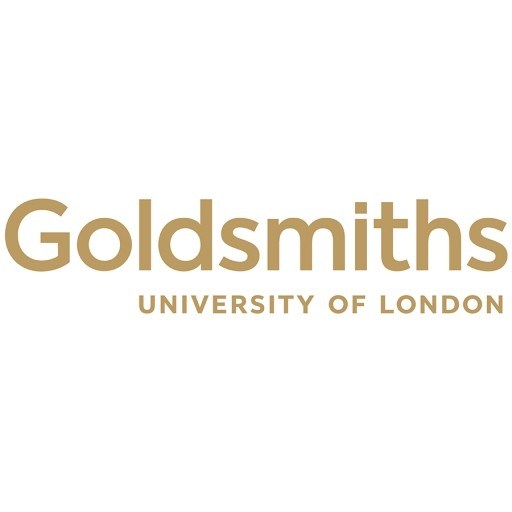Photos of university / #goldsmithsuol
The MSc in Occupational Psychology was designed in line with British Psychological Society (BPS) Division of Occupational Psychology (DOP) requirements and has been accredited since 1995.
The programmes success is increasingly reflected in the excellent employment rates of our former MSc students in both public and private sectors. Some students also go on to carry out PhD level study with us to become academic Occupational Psychologists.
In the IMS we work to the academic-practitioner model. That is, our Occupational Psychology programme is specifically designed to equip you with a theoretical and empirical knowledge base that you can bring to your consultancy and practice. To that end, youll have the opportunity to engage in both cutting edge research, as well as practical skills sessions. For your research dissertation youll have access to academics with expertise in areas such as occupational health and wellbeing, talent management and entrepreneurship.
Through the Professional Skills Workshops you will be able to interact closely with experts from the world's leading organisations and enhance your professional development.
In addition, in the IMS we have an invited speakers programme called the Distinguished Speakers Series. This series provides specialised talks by either academic or practising experts in various fields of business, enterprise and occupational psychology.
The MSc in Occupational Psychology aims to equip you with a thorough grounding in the application of psychological theory to work settings, to provide you with the skills necessary to conduct cutting-edge research in applied research projects to a high level of competence, and to impart core practitioner techniques and awareness.
The MSc programme runs for one year, starting in September. Most lectures and seminars are in the first two terms of the academic year, however the programme is structured in such a way that you are expected to pursue your studies beyond formal term times. Apart from the individual course-units listed in the syllabus, you will be required to attend other seminars and workshop series. As far as is practicable, the majority of lectures and seminars will be timetabled for Mondays and Tuesdays.









